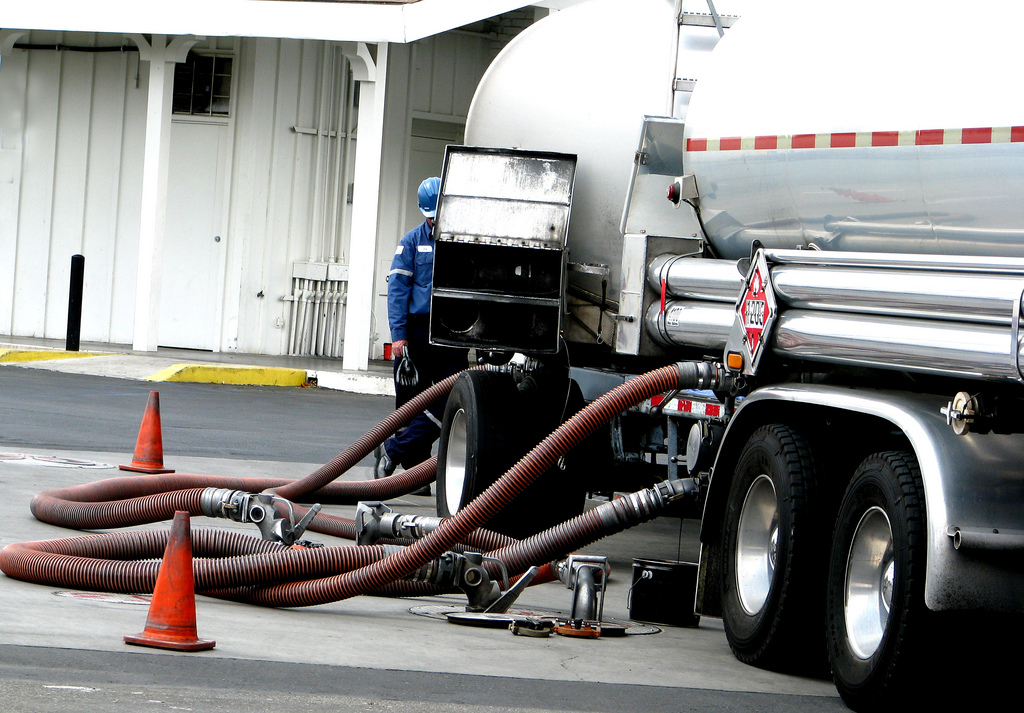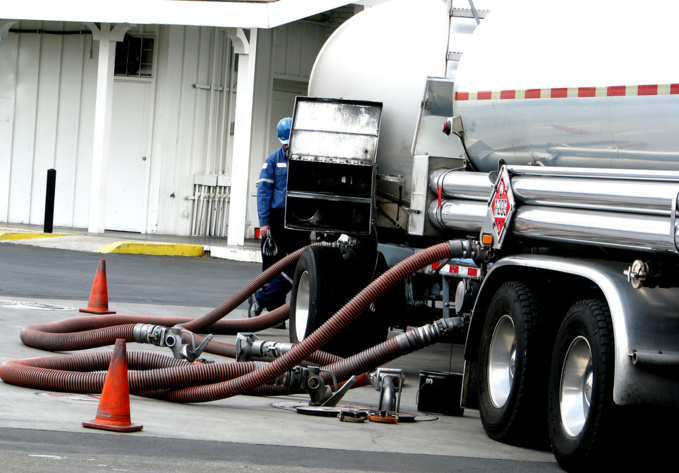As part of the plan, the government intends to bring petrol prices to parity with prices in the international market, a source familiar with the situation told Bloomberg. Based on current levels, this will mean a rise in prices for gasoline with an octane rating of 91 by about 80% to 1.35 riyal per liter ($ 0.36) per liter. According to the agency’s interlocutor, the government of Saudi Arabia plans to postpone the increase in prices for other energy sources before the beginning of 2018.
It is expected that the authorities will make a final decision on the plan in September or October, the source said.
The energy subsidy reform is a key part of Saudi Arabia's plan to diversify the economy and reduce dependence on hydrocarbons. The plan also implies sale of stakes in state-owned enterprises. In particular, it is planned to hold an IPO of the world's largest oil exporter - Saudi Aramco.
The Kingdom raised fuel prices in December 2015 and announced plans for further increases. The authorities also revealed plans for a money transfer program that would help Saudi Arabia cope with rising prices, while the economy is struggling with the worst recession since the global financial crisis.
In accordance with the officials’ plan, the prices for gasoline and jet fuel will undergo a one-time increase, while the government will be raising prices for other fuels gradually in the period from 2018 to 2021, the source said to Bloomberg.
The government can set a ceiling with an increase in the price of diesel and fuel oil to limit the negative impact on the economy, because both types of fuel are used for electricity generation and for industrial activities, the source said. According to him, the tariffs for electricity will be gradually increasing, as electricity suppliers, at least in part, will put a rise in fuel prices in the final price.
The United Arab Emirates, the second largest Arab economy, became the first country in the oil-rich region of the Persian Gulf, which abolished subsidies for transport fuel. The UAE started to tie prices for gasoline and diesel fuel to prices in world oil markets in August 2015.
source: bloomberg.com
It is expected that the authorities will make a final decision on the plan in September or October, the source said.
The energy subsidy reform is a key part of Saudi Arabia's plan to diversify the economy and reduce dependence on hydrocarbons. The plan also implies sale of stakes in state-owned enterprises. In particular, it is planned to hold an IPO of the world's largest oil exporter - Saudi Aramco.
The Kingdom raised fuel prices in December 2015 and announced plans for further increases. The authorities also revealed plans for a money transfer program that would help Saudi Arabia cope with rising prices, while the economy is struggling with the worst recession since the global financial crisis.
In accordance with the officials’ plan, the prices for gasoline and jet fuel will undergo a one-time increase, while the government will be raising prices for other fuels gradually in the period from 2018 to 2021, the source said to Bloomberg.
The government can set a ceiling with an increase in the price of diesel and fuel oil to limit the negative impact on the economy, because both types of fuel are used for electricity generation and for industrial activities, the source said. According to him, the tariffs for electricity will be gradually increasing, as electricity suppliers, at least in part, will put a rise in fuel prices in the final price.
The United Arab Emirates, the second largest Arab economy, became the first country in the oil-rich region of the Persian Gulf, which abolished subsidies for transport fuel. The UAE started to tie prices for gasoline and diesel fuel to prices in world oil markets in August 2015.
source: bloomberg.com



















